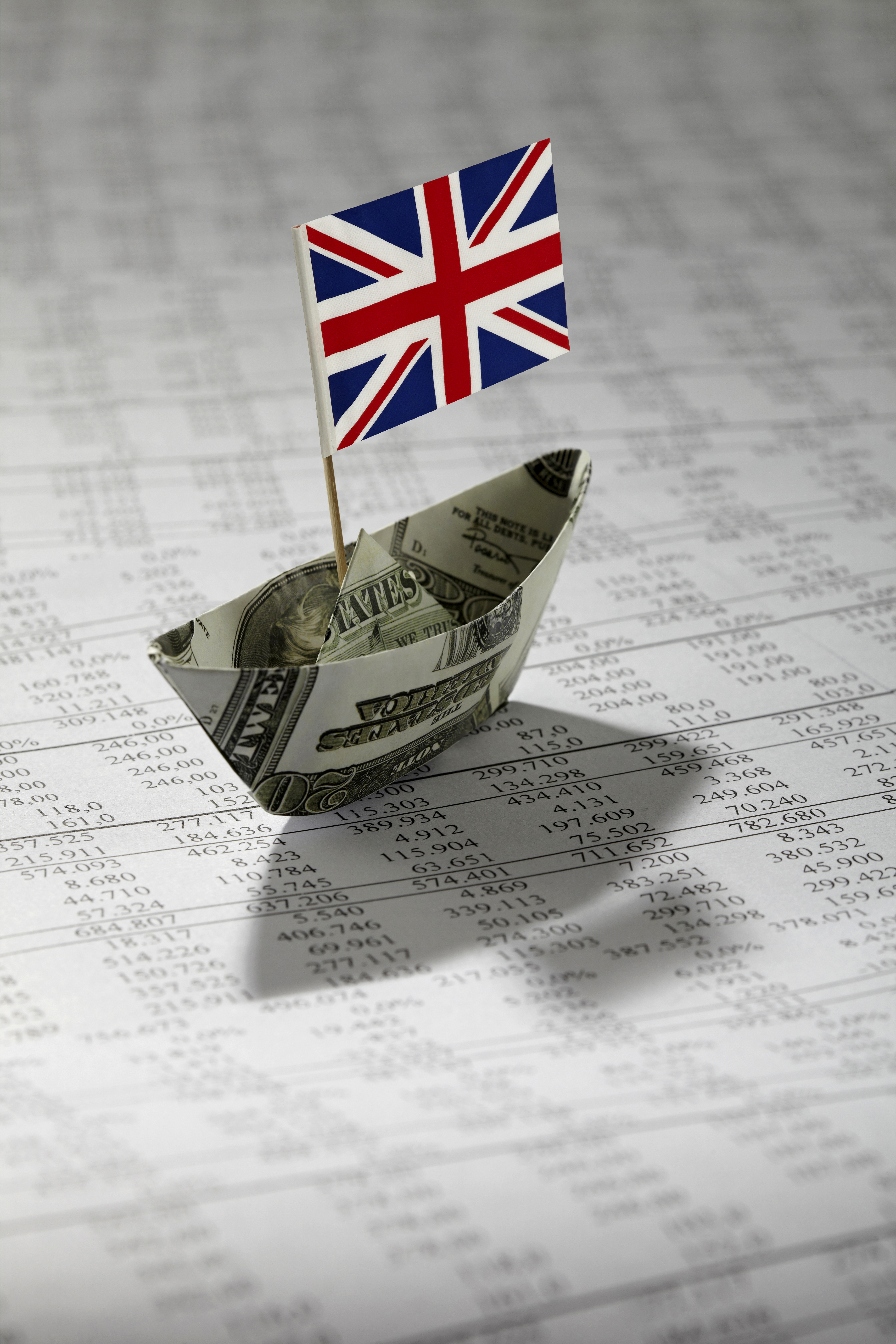A ‘hard Brexit’ could cost the UK’s automotive, technology, healthcare and consumer goods sectors almost £17bn per year in lost EU export revenues.
So concludes a new study by Oxford Economics and law firm Baker McKenzie, The realities of trade after Brexit, which looks at the four sectors which between them account for 42% of the UK’s manufacturing GDP and 45% of manufactured exports to the EU.
Based on the assumption that the UK leaves the EU customs union and that bilateral tariffs revert to WTO levels, the study forecasts how increases in costs to UK exports could lead to EU consumers switching to a domestically produced alternative or to a different exporting country – and the subsequent decline in revenues for UK exporters.
The report highlights that UK manufacturing is likely to be hit with new tariff and non-tariff barrier rates. In some sectors, such as healthcare, the non-tariff barriers – this could be new compliance paperwork and other administrative requirements – outstrip the tariffs themselves.
The impact of a hard Brexit would be most notable in the consumer goods and automotive sectors, with the study estimating an £7.9bn loss per year in the automotive sector and a £5.2bn loss in the consumer goods sector.
“Some of the hard intelligence that we have seen from UK agencies, particularly revenue and customs, suggests they are not only preparing for hard Brexit but they are predicting that hard Brexit will likely happen,” Ross Denton, trade partner at Baker McKenzie, tells GTR.
“We are talking to clients on both sides of the channel and in third countries about the need to talk to their governments and trade negotiators to say hard Brexit can’t happen because it’s so disruptive to all parties. We are trying to show them the cost of a hard Brexit and to advocate that if it can be avoided, it should be avoided.”
UK will suffer more than the EU
While both the UK and the EU will feel the pinch on trade from a hard Brexit, the impact will be significantly greater for the UK. The report shows that for the four sectors, the EU accounts for 49% of UK exports while the UK accounts for just 9% of exports from the EU. This demonstrates the UK’s dependency on the EU and the fact that the impact on UK exports will be four times the impact on EU exports.
In the automotive sector, without the UK as a trade partner, the study forecasts that EU exports globally could fall by 4.3%, or just 0.8% when adjusting for increased cross-border trade within the zone. By contrast however, the UK automotive sector stands to lose more than 22% of its export revenue as a result of reduced exports to the EU.
“We have heard a lot about how much Europe exports to the UK, for example, in the automotive sector. That may be true in numerical terms, but when you look at this as a percentage of their trade, you can clearly see that the EU exports a lot more broadly to a whole host of other markets, and consequently, it is far less dependent on the UK as a market than the UK is on it. This will have significant implications for upcoming negotiations,” says Denton.
The combination of rising prices and softening margins could result in significant trade deficits in the UK and companies have started to consider if and where they can alter supply chains to reduce their reliance on the EU.
“You could look at options like free trade zones and customs warehouses – neither of those are very well optimised in the UK at the moment. We don’t have free trade zones and the UK customs warehouses are quite conservative,” says Denton.
This gives rise to a significant risk that companies could relocate away from the UK. In many of the industries modelled by the report, there is a sizeable share of non-EU overseas ownership in the UK. These companies have likely been motivated to base their operations in the UK because of the single market access – if that access is revoked many would likely seek to relocate.
Over half of the UK automotive sector is owned by non-EU parent companies, while 44% of the healthcare sector is comprised of non-UK owned businesses.







